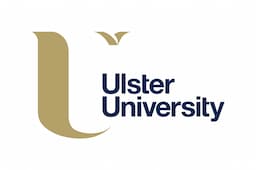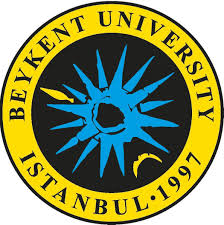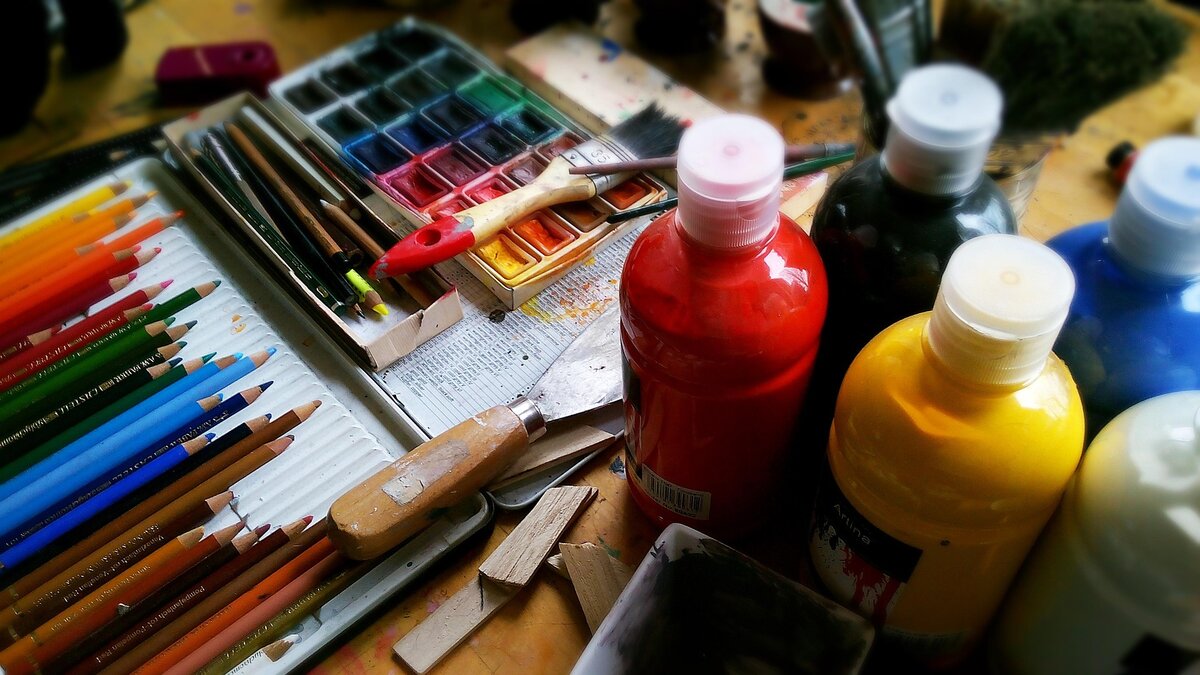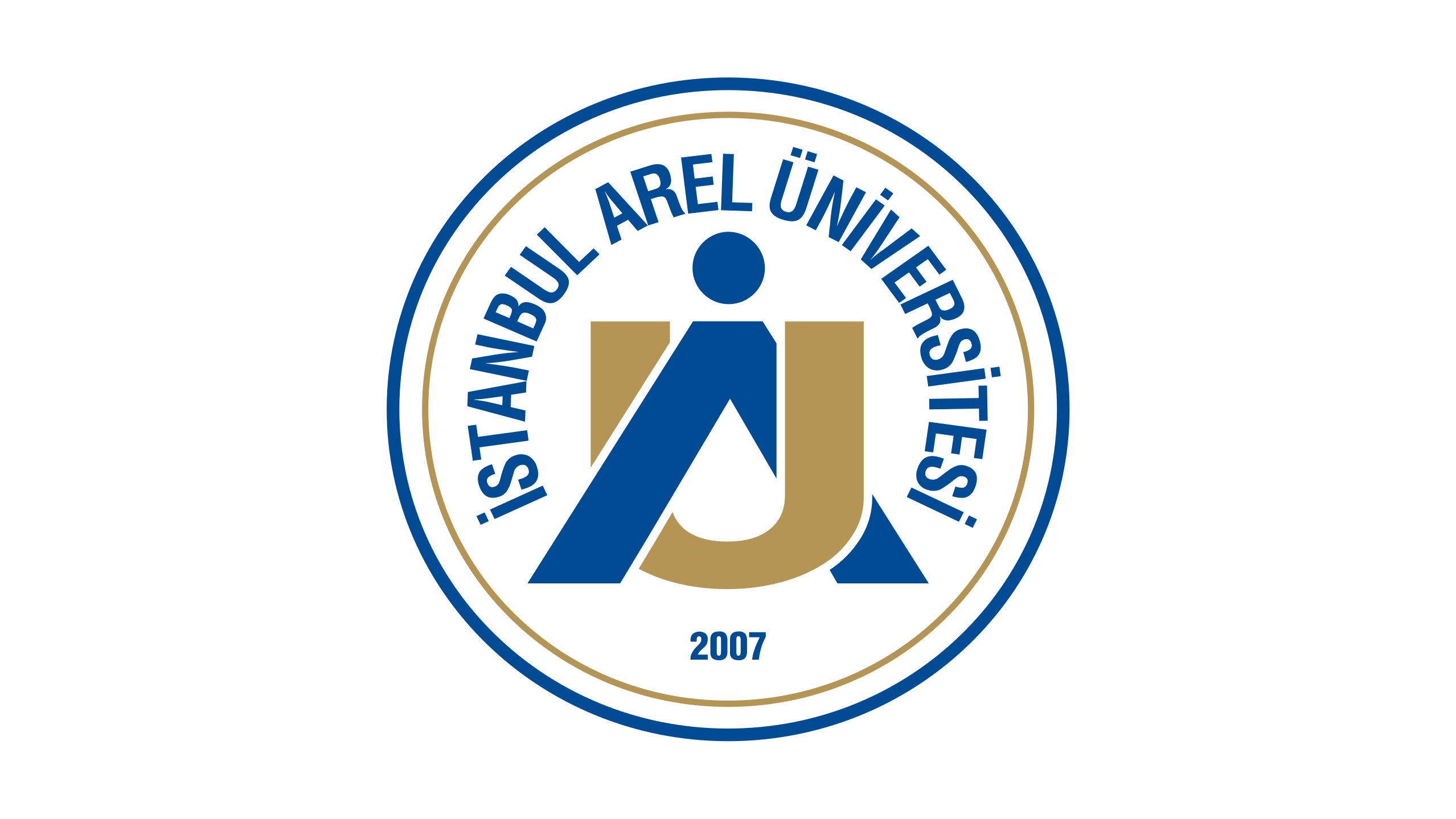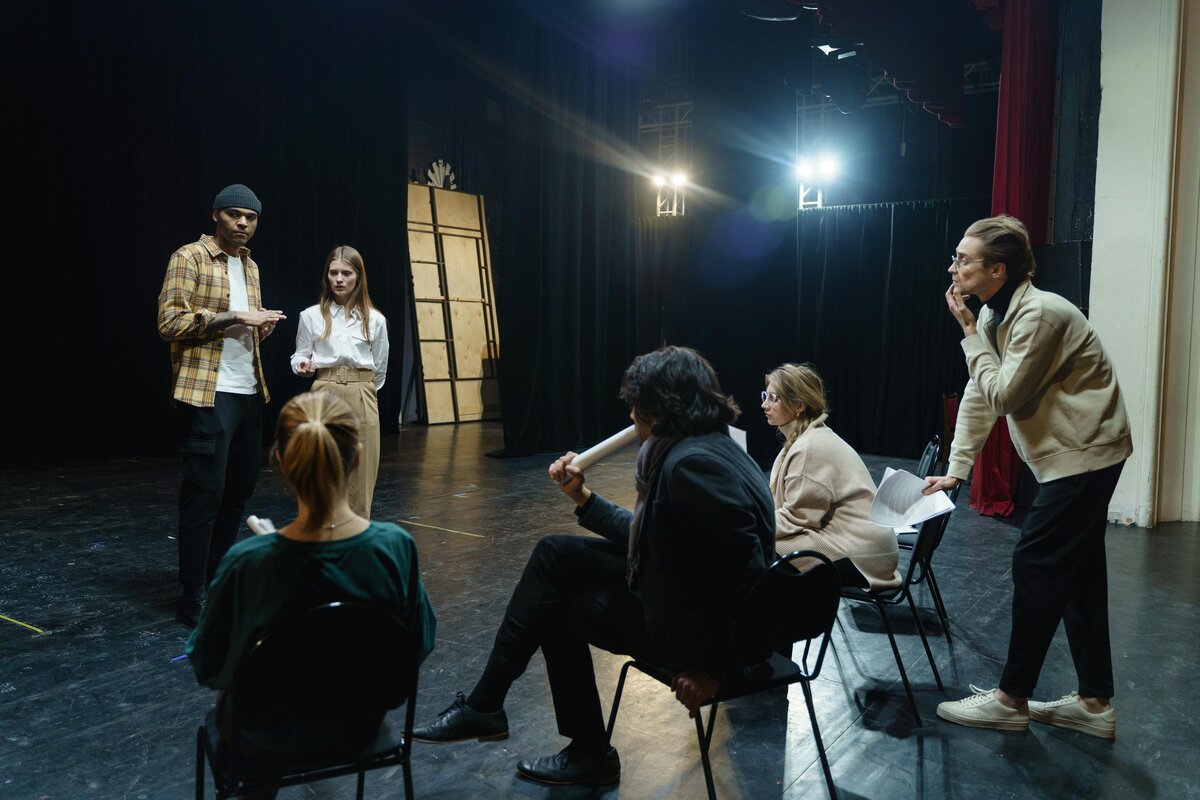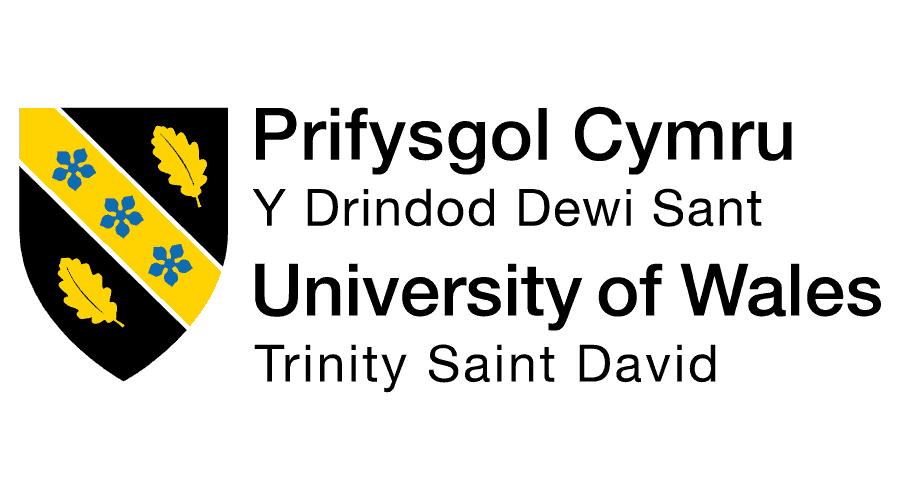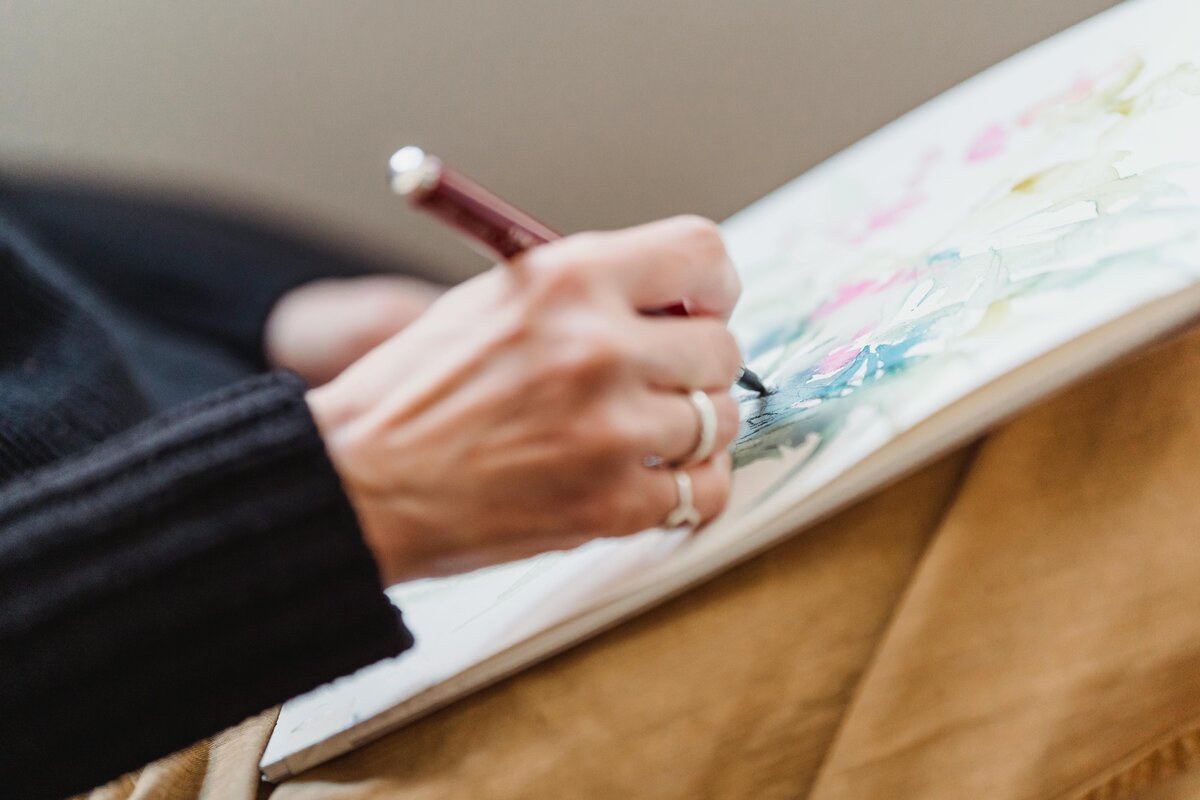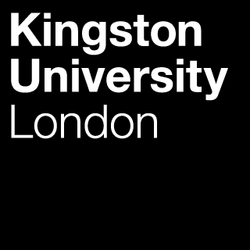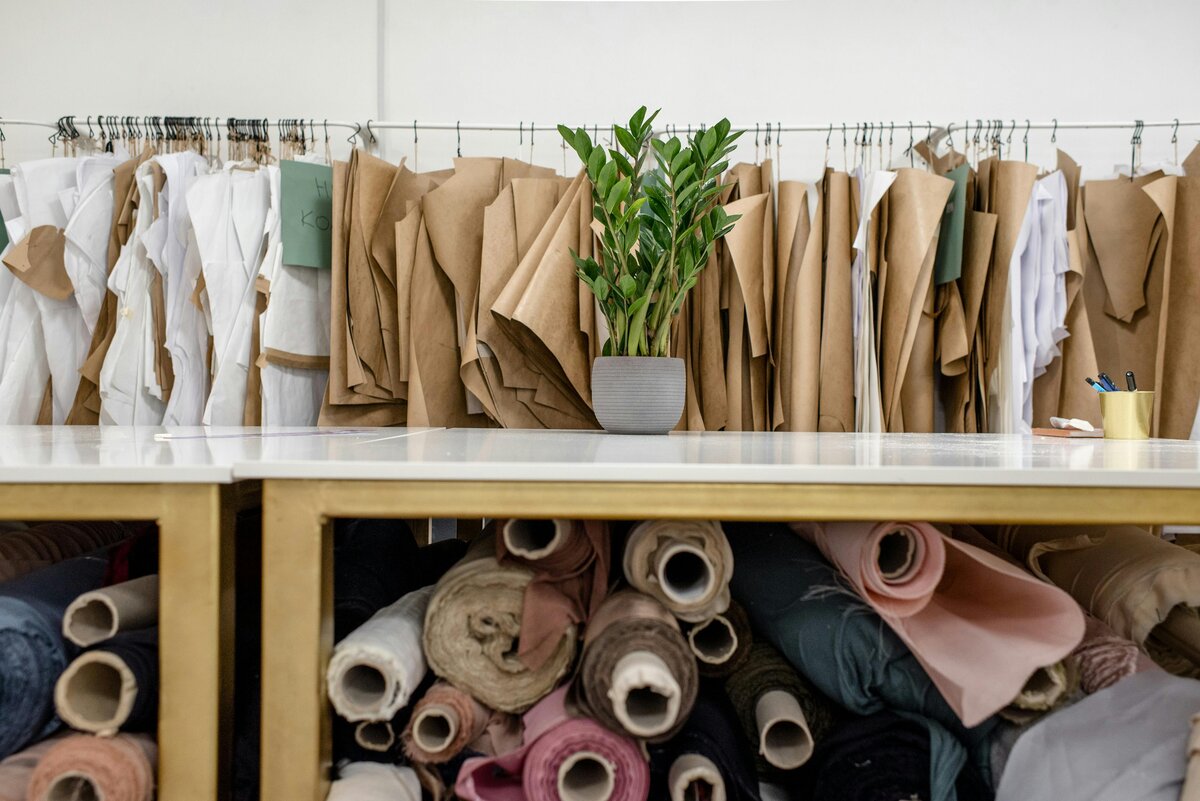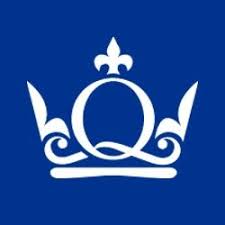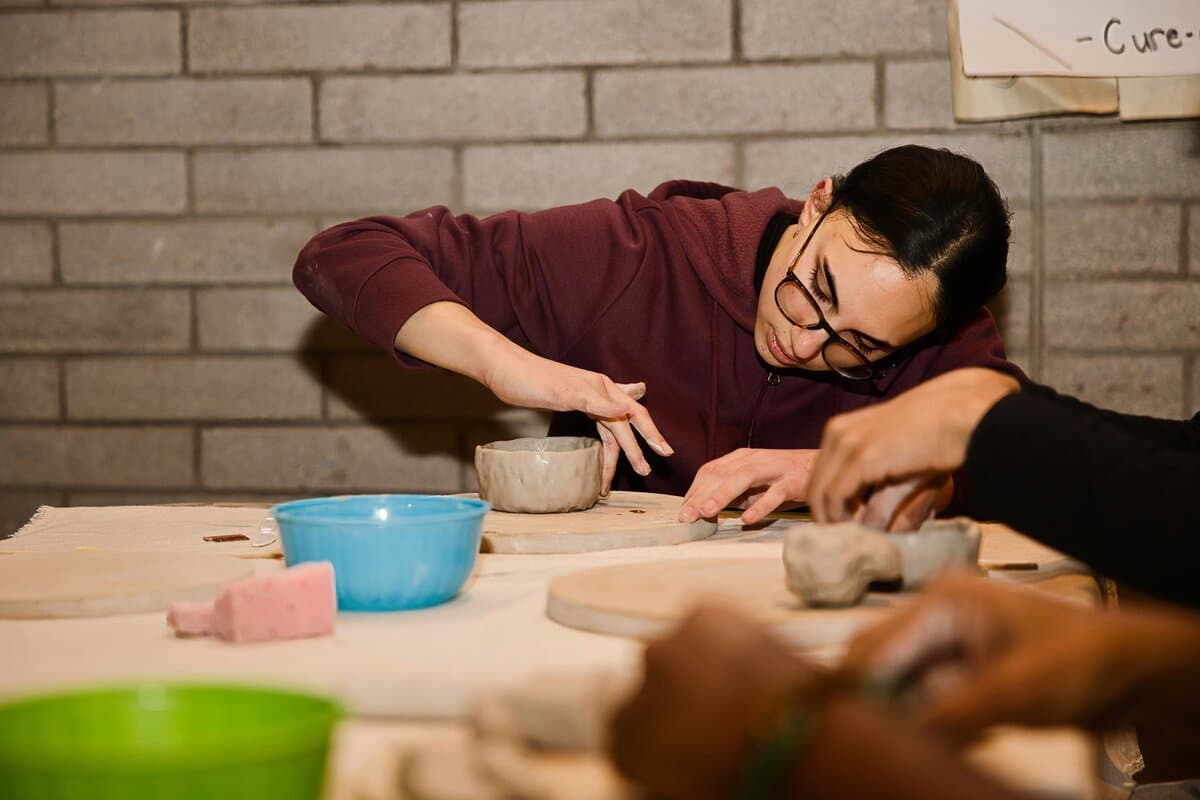
Textile Art, Design and Fashion BA (Hons)
Belfast Campus, United Kingdom
In first year, this course offers you the chance to work in all our specialist areas with an introduction to embroidery, weave, print, knit and garment construction in our specialist workshops. You will also develop skills in drawing, colour, collage, and CAD in the studios and will learn about the past, present, and future of Textiles and Fashion in seminars and lectures.
In second year, you begin to specialise, selecting a pathway best suited to your creative interests and career aspirations. You will develop ideas, work to briefs, continue to develop as an artist or designer and explore digital and traditional skills and technologies. Future careers and the professional skills needed to begin your professional life are explored in second year. Short placements provide essential work experience and competitions offer the chance to have your work seen by the professionals.
Between second and final year, we offer an optional placement year or the opportunity to study abroad.
In final year you begin with a research project, writing a dissertation or market report and will then devise an ambitious major project and develop a significant portfolio of work and final exhibition. This body of work will showcase your ideas, skills, technical expertise and pathway choice as a textile artist, textile designer, designer maker or fashion designer and your specialism choice in embroidery, weave, print, knit or garment construction. With your future in the creative industries in mind, we also focus on graduate and professional skills to ensure you are well equipped and confident in your future.
In Textile Art, Design and Fashion you will learn and develop work in a number of ways. The knowledge, understanding, ideas and skills needed to succeed in textiles and fashion are developed through a combination of practical workshop and studio experience supported by history, theory, and research. Lectures, seminars, workshops, and tutorials based around recommended reading, set projects and direct experience offer a variety of settings and styles in which you can develop ideas and gain the confidence to articulate your ideas to peers and tutors. A comprehensive range of demonstrations, workshops and master classes are core to delivery as are workshops and lectures supporting placement, live projects and self-directed study. Transferable graduate skills are developed through engagement with all elements of the course and are fundamental to undertaking coursework and to future success in textiles and fashion and the creative industries.
Assessment is based on 100% coursework which can take a range of formats including artworks and design collections, practical and contextual research, essays, statements, presentations, reports and digital portfolios.
Feedback is central to teaching, learning and assessment and offers essential guidance throughout the course and encourages you to reflect on progress and achievement and to consider suggestions for future direction.
Assessment methods vary and are defined explicitly in each module. Assessment can be a combination of examination and coursework but may also be only one of these methods. Assessment is designed to assess your achievement of the module’s stated learning outcomes. You can expect to receive timely feedback on all coursework assessments. This feedback may be issued individually and/or issued to the group and you will be encouraged to act on this feedback for your own development.
Coursework can take many forms, for example: essay, report, seminar paper, test, presentation, dissertation, design, artefacts, portfolio, journal, group work. The precise form and combination of assessment will depend on the course you apply for and the module. Details will be made available in advance through induction, the course handbook, the module specification, the assessment timetable and the assessment brief. The details are subject to change from year to year for quality or enhancement reasons. You will be consulted about any significant changes.
Normally, a module will have 4 learning outcomes, and no more than 2 items of assessment. An item of assessment can comprise more than one task. The notional workload and the equivalence across types of assessment is standardised. The module pass mark for undergraduate courses is 40%. The module pass mark for postgraduate courses is 50%.
Similar Programmes
Discount
Bachelor's Degree
48 months
Textile and Fashion Design
Beykent University, Sarıyer, Turkey
Earliest Intake
March 2026
Gross Tuition
6112 $
3056 $
Master's & Postgraduate
18 months
Fashion and Textile Design (Non-Thesis)
Arel University, , Turkey
Earliest Intake
December 2026
Gross Tuition
3200 $
Master's & Postgraduate
18 months
Textiles – Contemporary Dialogues MA
University of Wales Trinity Saint David, , United Kingdom
Earliest Intake
September 2025
Gross Tuition
16800 £
Master's & Postgraduate
12 months
User Experience Design
Kingston University, Kingston upon Thames, United Kingdom
Earliest Intake
September 2025
Gross Tuition
20000 £
Master's & Postgraduate
12 months
Fashion Law
Queen Mary, University of London, London, United Kingdom
Earliest Intake
February 2026
Gross Tuition
22000 £
Uni4Edu AI Assistant
